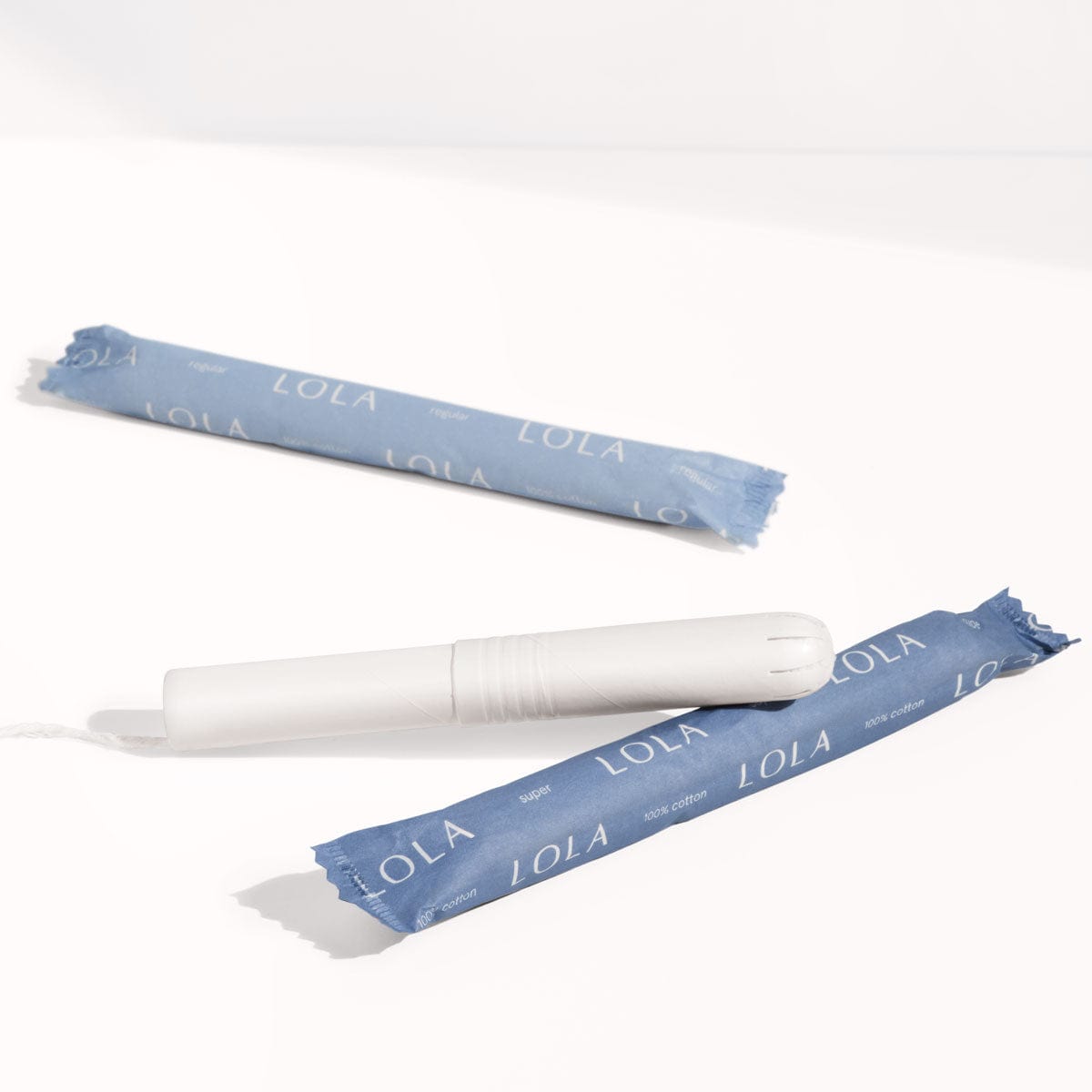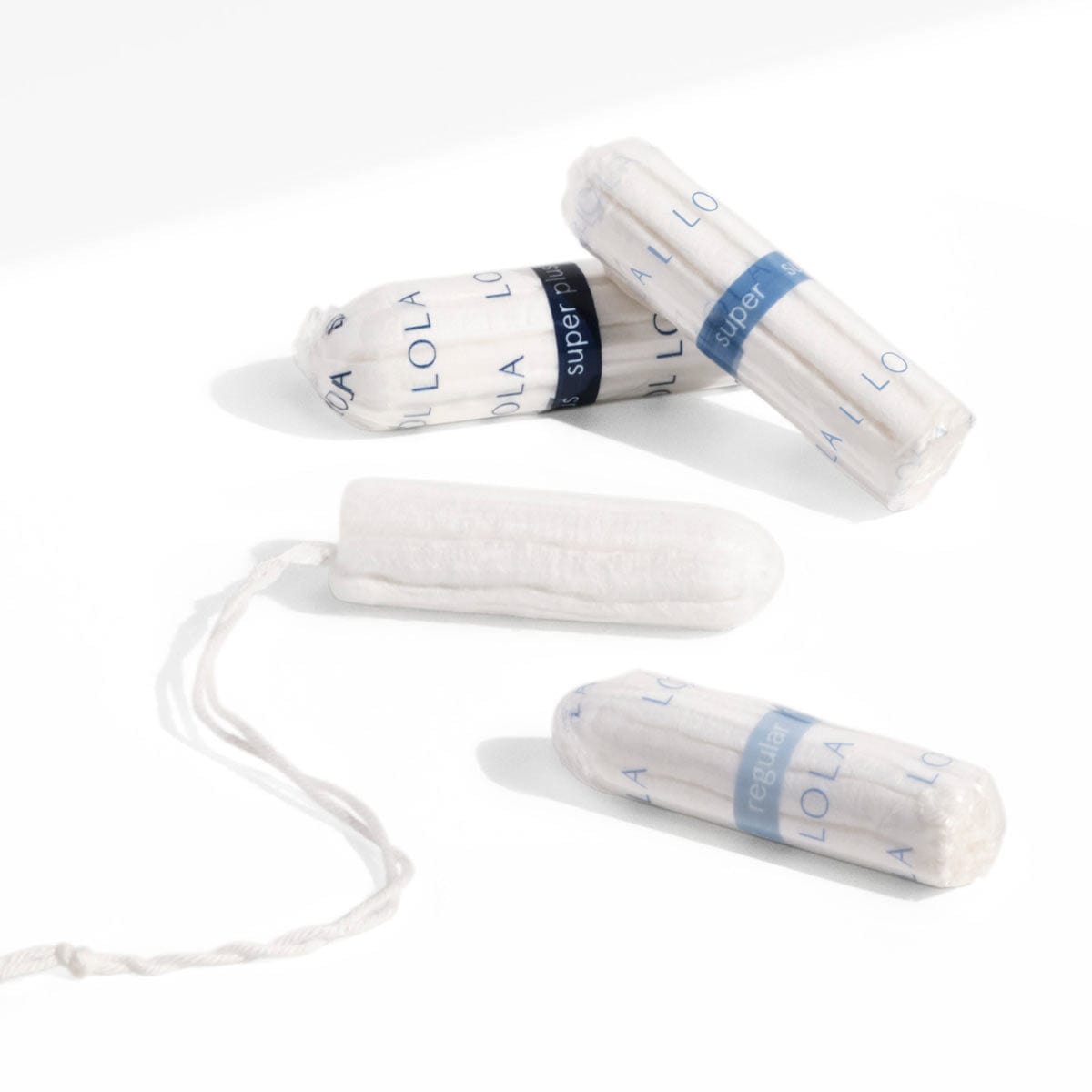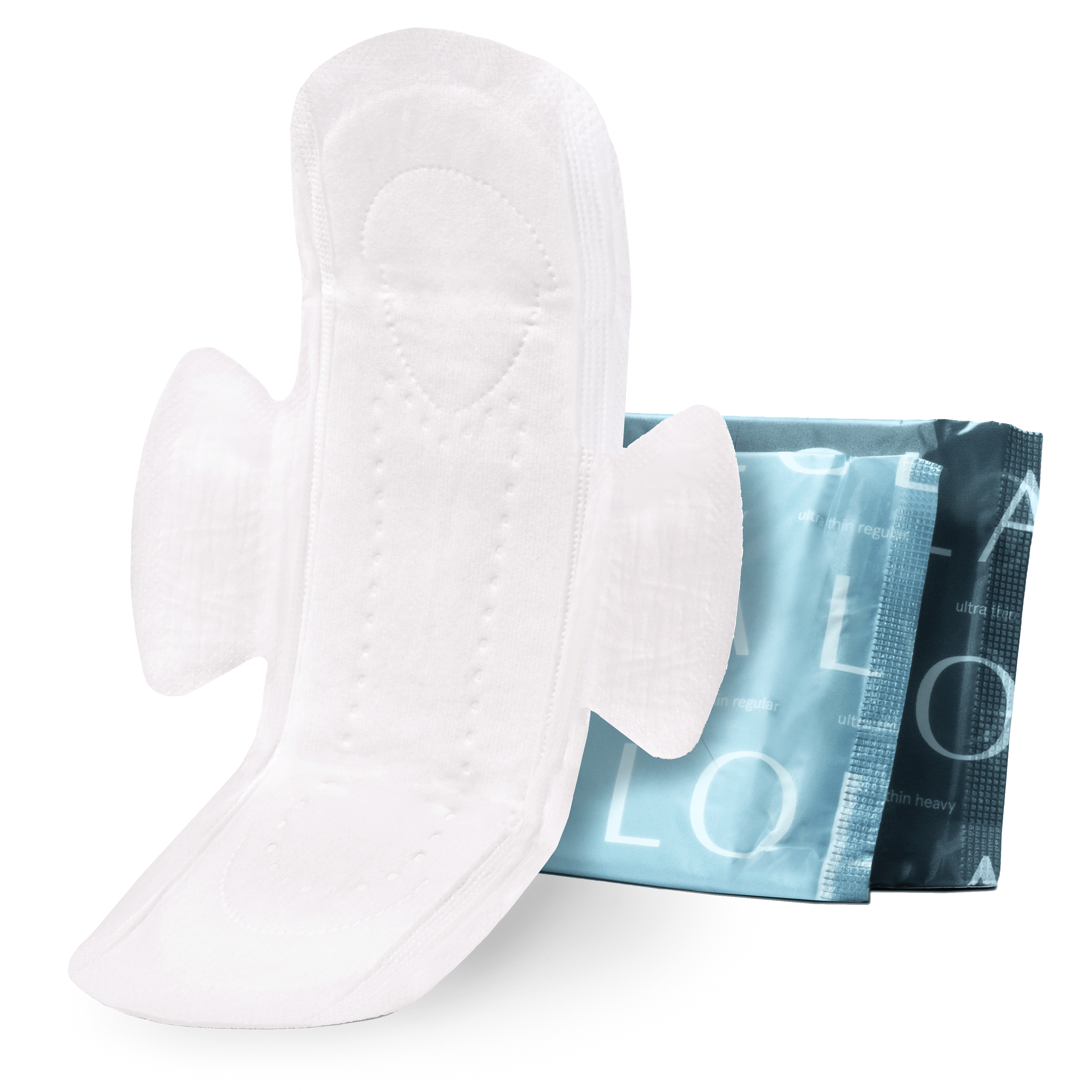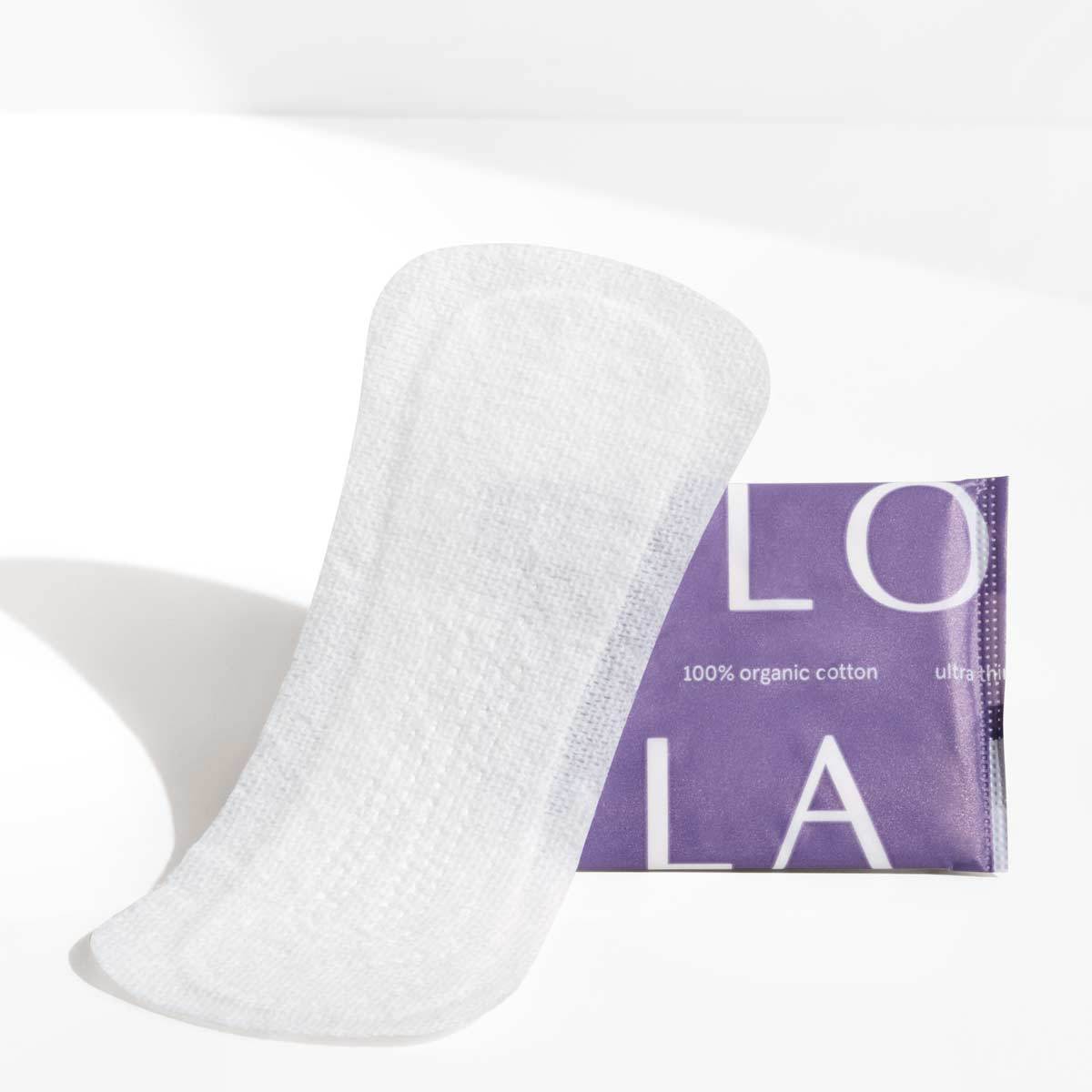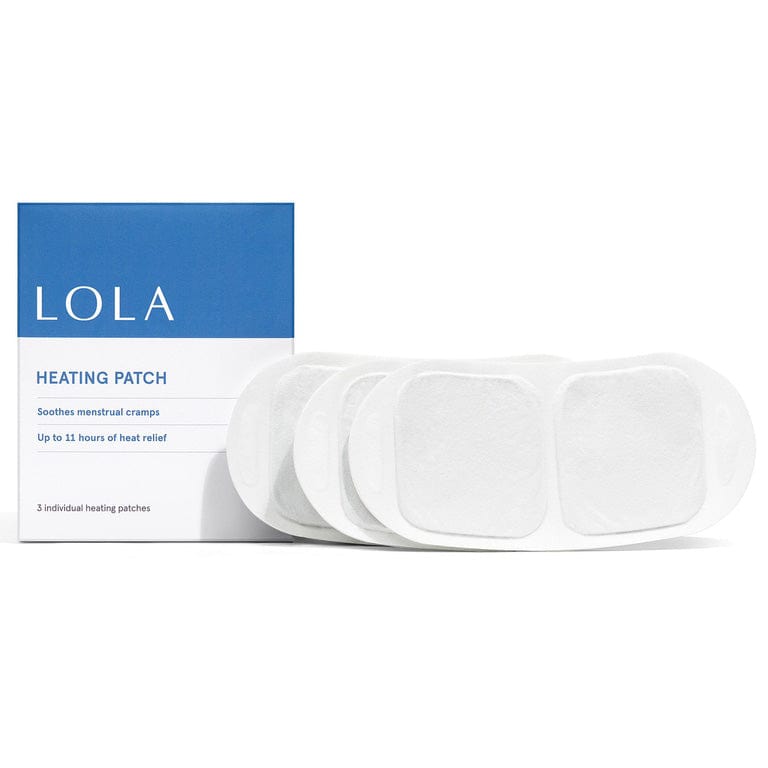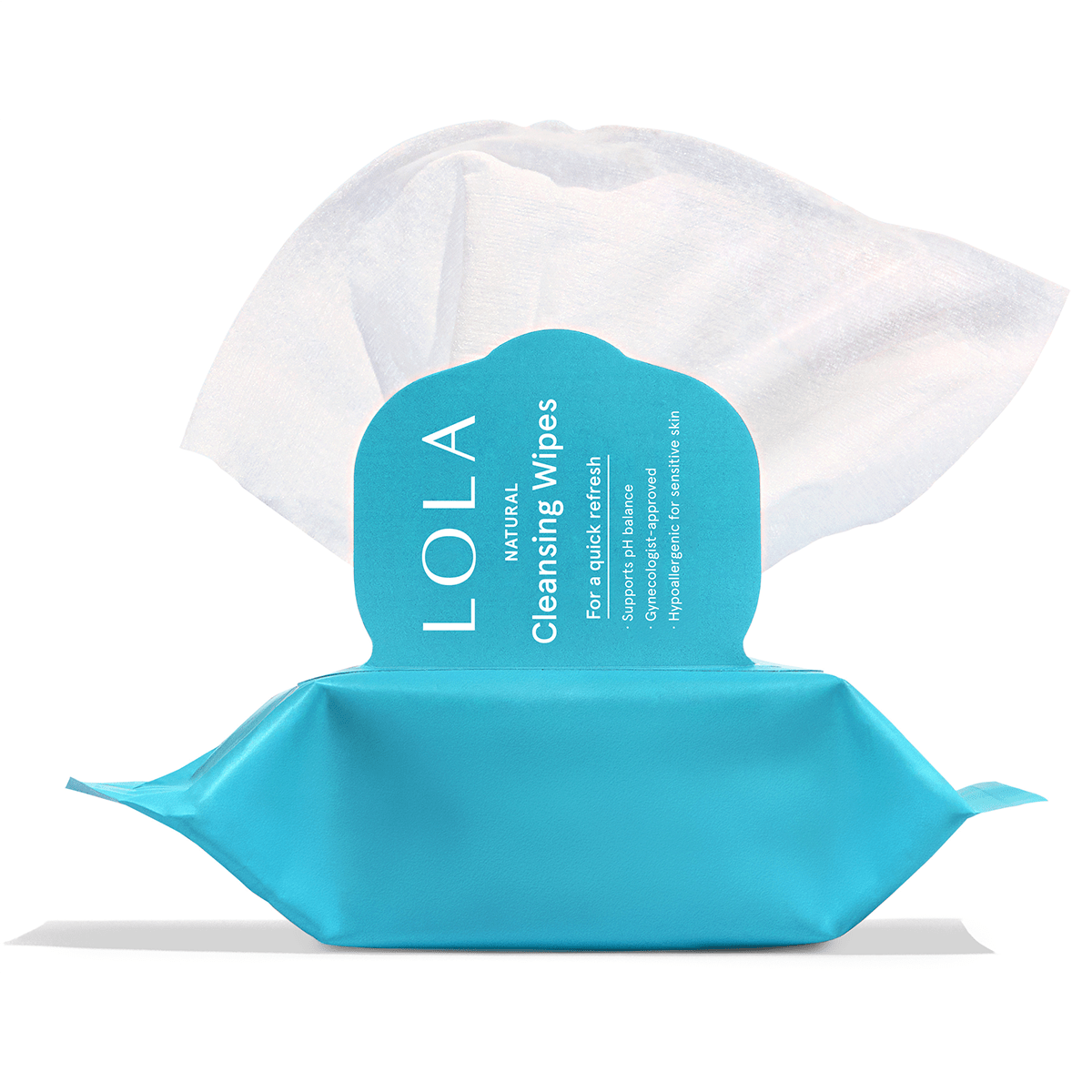Of all the symptoms pointing to a disruption in your vaginal health, itching is probably the most common annoyance, and annoyance is putting it pretty mildly. It's not exactly an easy or, ahem, publicly appropriate place to scratch. Vaginal itching can be as serious as lichen sclerosus (an uncommon ailment of the vulva which affects postmenopausal women and appears as white spots and requires prescription medication) or as simple as a hormonal change due to pregnancy, menopause, or a change in birth control, which can result in vagianal dryness leading to that itchy feeling.
It's important to pay attention to your vaginal health, and to talk to your doctor about any major changes to your period or new and unexplained pains (during sex or otherwise). But, if you're experiencing minor irritation from itching, we've sleuthed some of the culprits that might be causing your discomfort and are running down how you can alleviate some of the nuisance at home. Know that many symptoms could point to a variety of issues ranging from minor to major and only you know what's normal for you and your body! If you experience any symptom for more than a few days or over the counter remedies don't seem to be helping, you'll definitely want to get your doctor to step in.
Bacterial Vaginosis
The most common culprit of vaginal itching is bacterial vaginosis (or BV for short), which is caused by an imbalance in healthy bacteria in your vagina leading to a change in vaginal pH. It can often feel like a yeast infection, but is accompanied by a watery discharge that often has an odor. To treat, Lauren Streicher, M.D. and author of Sex Rx: Hormones, Health, and Your Best Sex Ever, suggests over the counter cream, RepHresh, to help clear up BV. You'll know your itching is more likely a yeast infection if your discharge is curdled, white, or thick. You can take Monistat over the counter for a regular yeast infection, but see your doctor if either ailment (BV or yeast infection) doesn't clear up with over the counter meds within a few days. Some infections are worse than others and can require a more aggressive treatment.
Contact Dermatitis
Your itching may also be the result of contact dermatitis, which is a skin irritation due to an allergy to certain ingredients coming in contact with your vagina. You'll be able to tell its contact dermatitis if your itching comes with redness, swelling, and skin thickness (but no weird discharge). This can sometimes happen because of shaving, but is usually related to perfumes or additives in your condoms, lubricants, or tampons. If you regularly experience contact dermatitis, it's best to use hypoallergenic hygiene products (body wash, laundry detergent, fabric softener, etc) and avoid things with scents that touch your vagnia, like toilet paper.
Skin Disorders
Genetic skin disorders like eczema or psoriasis can also affect the vagina and present as a rashy and patch-like appearance like they do on other parts of the body. This can be fixed with a mild steroid, says Brett Worly, M.D. and assistant professor in the department of obstetrics and gynecology at Ohio State University. Taking an oatmeal bath can also help with the discomfort.
STDs
Of course, itching can also be the sign of an STD, including chlamydia, herpes, trichomoniasis, and gonorrhea. You could also have crabs or pubic lice. The itching will often turn to pain and burning if it's an STD, and come along with symptoms including burning while you pee, foul-smelling discharge, sores on your vagina and/or pain during sex. This will require a trip to your gyno for testing, where they can give you either an injectable or oral antibiotic.
The Bottom Line
Of course, this doesn't cover culprits of an itch you just can't scratch or can't stop scratching as the case might be. Remember, it's important to reach out to your doctor if your symptoms don't get better within a few days, or if you're in pain. Discomfort is one thing, pain while putting pants on is quite another.
Always talk with your healthcare provider about pain you’re experiencing to treat the issue that’s causing the pain and prevent it from happening in the future. Learn more about the common causes and treatments of vaginal irritation after sex.

